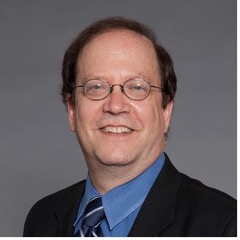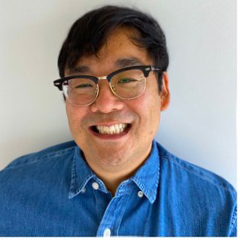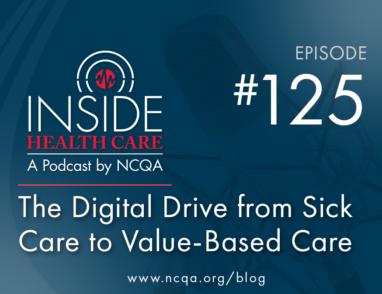Inside Health Care #122: Teaching Medical Residents to Follow a Value-Based Model of Care
January 3, 2024 · David J. Smolar
In this Inside Health Care interview, we explore GME — graduate medical education — and explore a few fundamental questions. How can we make sure today’s medical residents are paying attention to their patients? How do we teach residents to ask the right questions? And even more fundamentally, how do we make sure that the next generation of clinicians knows how to implement value-based models of care in order to focus on person-centered outcomes?
A value-based model helps patients envision what their lives could be a few months, or even years, down the line. And that’s the point at which clinicians can help patients develop a treatment plan to get them from point A to point B. That may be the best way to keep a patient healthy, boost their interest in their self-care and prevent repeat visits for the same problem.
So the questions stand regarding graduate medical education. How do you teach med school students the value of quality? How do you train them to follow a model of value-based care? And if your hospital’s HEDIS scores are low, how much of that is because of the residents? What’s the correlation between medical residencies and health care quality?

Michael Kanter, MD
Michael Kanter, MD, is a professor and chair of Clinical Science at the Kaiser Permanente Bernard J. Tyson School of Medicine in Pasadena, California. In his work within Kaiser Permanente’s health care system, he’s overseen the quality of care provided by 22,000 physicians to 12.2 million patients. He also was responsible for development of Kaiser’s national quality strategy. An expert in patient safety and clinical quality, he developed policy-based and software-based programs that decreased the number of missed or delayed diagnoses and increased patient engagement.

Jung Kim, PhD
Jung Kim, PhD, MPH, is Assistant Professor for Health Systems Science at the Kaiser Permanente Tyson School of Medicine, and a protégé of Dr. Kanter. Dr. Kim explores approaches to health care and healing, including studies on the roles of acupuncture and other East Asian practices as complementary or alternative medical treatments for cancer, H-I-V and other conditions. As we’ll hear in our interview, Dr. Kim also investigates innovations in medical education residency programs, including analysis of email communication among medical students and new learning strategies for medical education.







